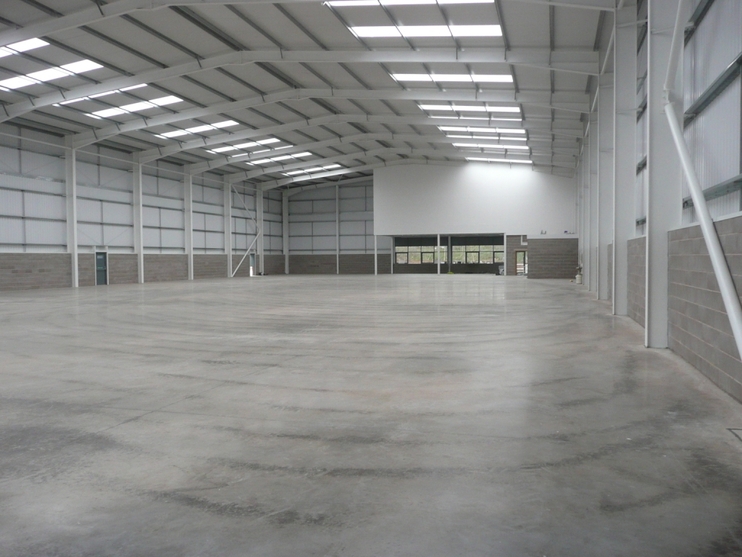Vacant Property - The Pitfalls!
Vacant buildings are at an increased risk from fire, general deterioration and criminal activity. This can damage the reputation of property owners, strain relations with neighbours and dramatically increase insurance premiums even though sensible precautions have been made.
The Association of British Insurers has recently reported that insurers are paying out more than £1m a week to victims of metal theft. Incidents have doubled in the past five years with 1000 reported thefts a week.
With winter fast approaching it is also vital that you revisit your procedures and ensure that all empty premises have been drained down.
Owners of vacant properties have “a duty of care” to anyone entering the building, whether they be legally entitled to be there of not!
The following key issues must be addressed as soon as it is known that the premises will become vacant:
- Inform the insurance company that the premises will become vacant.
- Check and comply with policy requirements and ensure that adequate records are kept at all times.
- Ensure that all locks on all doors and windows meet insurer’s requirements.
- The premises to be drained down of all services and weekly inspections to be carried out of the void premises.
- The premises must be cleaned out of all combustible materials and any hazardous items whether internally or externally.
- Letterboxes should be sealed and a note posted for postal redirection.
Initially dependent on the type of premises, a security assessment should be carried out with the following measures being considered:
- Installation of perimeter fencing and gates.
- Closing off access to existing car parks to deter unwanted visitors.
- Overnight movement activated lighting.
- Out of hours security patrols or static security guards to be employed at the premises.
- All doors and windows to be secured and possibly shuttered.
- The carrying out of weekly inspections is now a formal requirement from most building insurers to ensure that any issues are correctly identified and acted on as soon as possible.
If any of these actions are not taken or documented in the correct format, then the insurers are very keen to resist any claims whatsoever so please be aware!



